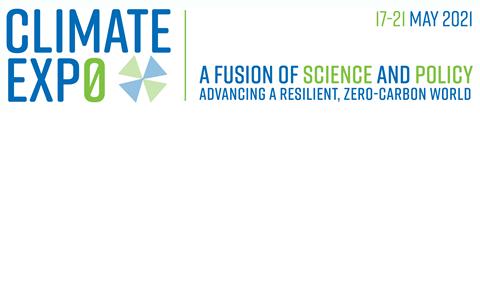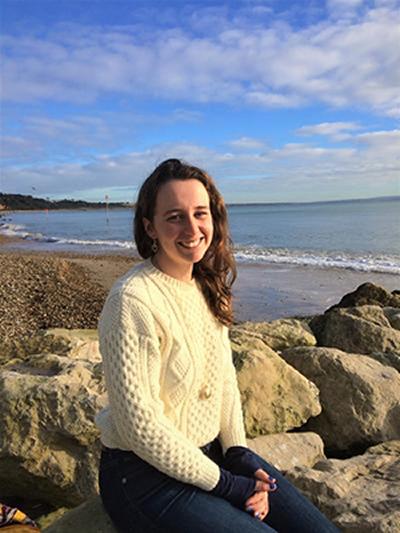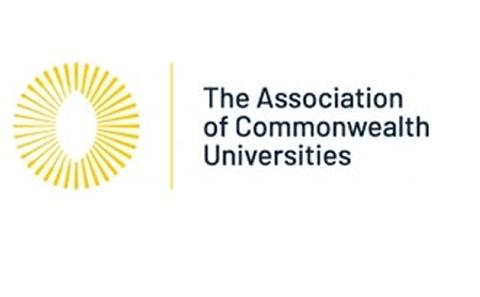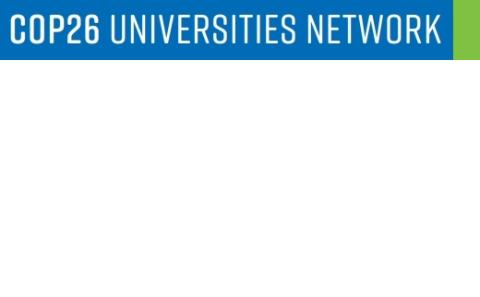
Climate Exp0
The University of Southampton and Public Policy|Southampton has been involved with the creation of Climate Exp0 conference.

I spent most of 2020 writing up my PhD thesis on coastal flood risk adaptation in England, leaving little time to attend conferences. It was, therefore, with great enthusiasm that I attended and contributed to the Climate Exp0 from 17-21 May 2021; an enthusiasm echoed and multiplied by the participants, contributors and speakers across the days. The conference, which one could attend for free, was open, inclusive and expansive in its scope, covering: green recovery, engagement and participation, public support, climate policy, nature-based solutions, mitigation, adaptation, resilience, finance and governance, partnerships, and transportation. For an interdisciplinary adaptation researcher like myself, the breadth and depth of research and policy questions presented were much welcomed. Mitigating and adapting to climate change is a challenge and opportunity that spans sectors, geography and time, and it was brilliant to be a small part of this COP26 Universities Network venture to encompass that diversity across five days.
I was fortunate to have the opportunity to present my own research on coastal flood risk adaptation in England in a poster format, entitled: “The role and responsibilities of households in English adaptation to coastal flood risk.” It is always a challenge to sum up years of research into one poster, so I focused this particular poster on highlighting householder and local institutional stakeholder perspectives on the role of households in coastal adaptation, to identify opportunities to improve household involvement in adaptation. Results shared include that, in a household survey in the south of Lincolnshire, there was a positive correlation between household awareness of collective coastal adaptation actions, and householders perception of household responsibility, threat appraisal and perceived coping capacity. The discussion goes on to argue that the effectiveness of shifting responsibility for adaptation to households will be dubious without policy accounting for household capacity and motivation.
Whilst I attended the Climate Exp0 to present these findings from my PhD work, the conference also contained discussions and presentations of much relevance to the SARTRAC research project of which I am now a part. SARTRAC (Teleconnected SARgassum risks across the Atlantic: building capacity for TRansformational Adaptation in the Caribbean and West Africa) identifies new transformational developmental opportunities that build resilience equitably, for the poorest people affected by mass algal blooms of sargassum seaweed in the tropical Atlantic basin. This research explores challenges similar to those being analysed in relation to climate change: how can adaptation to an emergent coastal threat provide not only manage threats, but also provide opportunities to transform development and facilitate equitable resilience?
It was wonderful to have an opportunity to listen to speakers from across the UK and the world about their approaches and research on climate change, across arts, science and engineering disciplines (to name a few), to explore barriers and opportunities to mitigate, adapt, govern and recover and build resilience. Many thanks to the organisers for this great event.
Dr Sien van der Plank, Senior Research Assistant, University of Southampton

The University of Southampton and Public Policy|Southampton has been involved with the creation of Climate Exp0 conference.

Dr Wassim Dbouk has been selected as part of the Commonwealth Futures Climate Research Cohort, supporting 26 rising-star researchers from 16 countries to bring their expertise to a global stage.

Read Prof. Ian Townend blog, reflecting on his experience participating in the Climate Exp0 conference.

The University of Southampton is in partnership with the 26th United Nations Climate Change Conference.